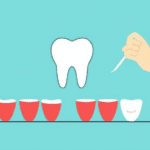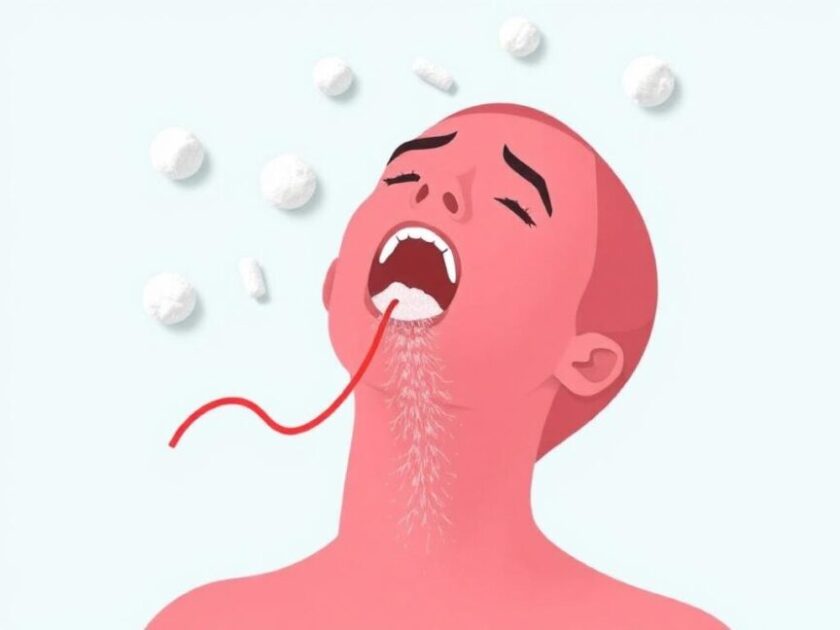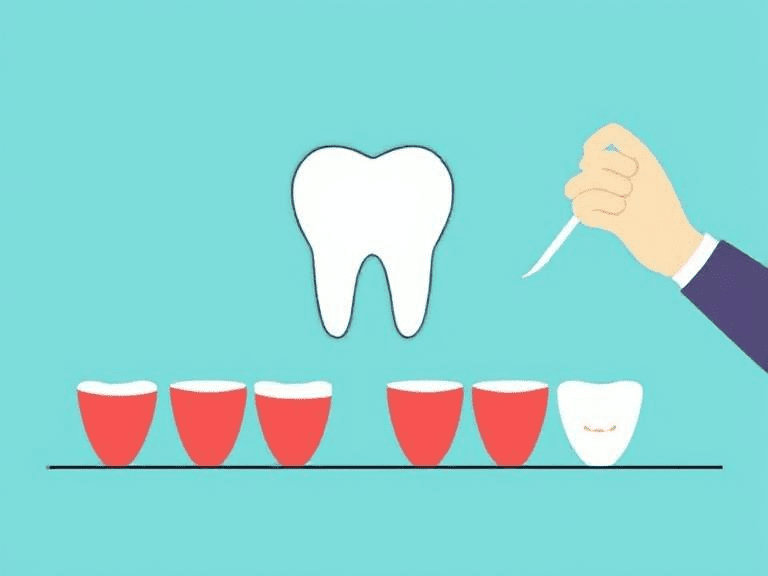Bad breath, also known as halitosis, is a common problem that affects millions of people worldwide. While many of us assume that bad breath is simply a result of poor oral hygiene or a lingering cold, the truth is that there are many underlying causes of bad breath – including one that may surprise you: sugar consumption. Experts offering family dentistry in Tulare, CA, witness how a diet high in sugar can lead to bad breath, and we’re committed to helping our patients understand the connection between sugar and halitosis.
Understanding The Science Behind Sugar and Bad Breath
When we consume sugar, it’s broken down into simple carbohydrates that are then absorbed into the bloodstream. However, not all of the sugar is absorbed, and some of it remains in the mouth. This residual sugar provides a food source for the bacteria that live in the mouth, particularly on the tongue and in the crevices between the teeth.
As the bacteria feed on the sugar, they produce volatile sulfur compounds (VSCs) as a byproduct. These VSCs are responsible for the characteristic “rotten egg” smell of bad breath. The more sugar that’s available for the bacteria to feed on, the more VSCs they’ll produce, and the worse the bad breath will be.
Other Ways Sugar Contributes to Bad Breath
In addition to providing a food source for bacteria, sugar also contributes to bad breath in several other ways:
- Dry Mouth: Sugar can dry out the mouth by reducing saliva production. Saliva helps to wash away bacteria and food particles, so when it’s lacking, bad breath can result.
- Gum Disease: Consuming high amounts of sugar can lead to gum disease, which is a common cause of bad breath.
- Tooth Decay: Sugar is a primary source of energy for the bacteria that cause tooth decay. When teeth decay, they can harbor bacteria and food particles, leading to bad breath.
Reducing Sugar Intake to Improve And Freshen Breath
While it’s impossible to eliminate sugar from our diets entirely, reducing our sugar intake can help to freshen our breath. Here are some tips for reducing sugar:
- Read Labels: Check the ingredient labels of the foods you eat to see how much sugar they contain.
- Choose Natural Sources: Instead of consuming sugary snacks and drinks, opt for natural sources of sugar like fruits and vegetables.
- Limit Added Sugars: Try to limit your intake of added sugars, which are sugars that are added to foods during processing.
- Drink Plenty of Water: Staying hydrated can help to wash away bacteria and food particles that can contribute to bad breath.
Other Ways to Freshen Breath
- Brush and Floss Regularly: Good oral hygiene is essential for freshening breath. Brush your teeth at least twice a day and floss once a day to remove bacteria and food particles.
- Use a Tongue Scraper: A tongue scraper can help to remove bacteria and debris from the surface of the tongue, which can contribute to bad breath.
- Chew Sugar-Free Gum: Chewing sugar-free gum can help to stimulate saliva production, which can help to wash away bacteria and food particles.
- Visit Your Dentist Regularly: Regular dental check-ups can help to identify and address any underlying oral health issues that may be contributing to bad breath.
Key Takeaway
Bad breath is a common problem that can be caused by a variety of factors, including sugar consumption. By reducing our sugar intake and practicing good oral hygiene, we can help to freshen our breath and improve our overall oral health. Remember, a healthy smile is just the beginning – it can also be a key to freshening your breath and boosting your confidence.











